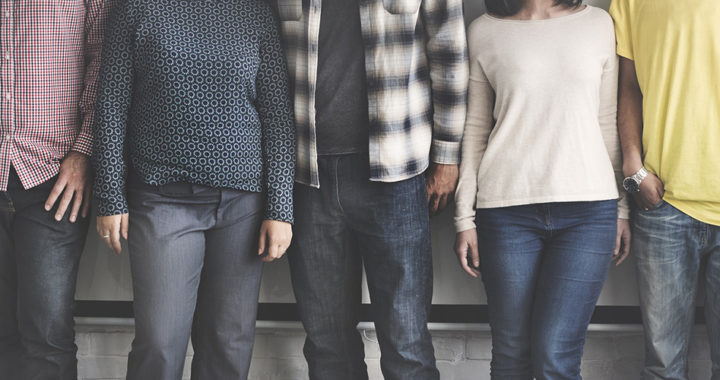Prejudice or bigotry is a preconceived unfavorable feeling or negative evaluation or opinion toward a certain person based on his or her group or sociocultural membership. This feeling or opinion is not based on reason or actual experience but on presumptions that are influenced by society and culture. Identifying the group or sociocultural memberships predisposed or subjected to unfavorable feeling and negative evaluation requires an understanding of the different types of prejudice.
The Four Major Types of Prejudice
1. Classism
Classism or class discrimination is a type of prejudice based on social class or the socioeconomic status of an individual. An example would be negative opinions about an impoverished person by someone who comes from privilege. These negative opinions might involve associating instances of crime and violence in poor communities with the subject of prejudice. It is important to note that classism also negatively affects members of the upper classes.
2. Racism
Another type of prejudice is called racism. It involves a belief that all members of an ethnic group or nationality have characteristics or abilities specific to that ethnicity or nationality. Furthermore, it also involves a belief that different ethnicities have different traits due to genetic differences. In other words, racism is a belief system claiming that there are inferior and superior groups within a human population based on ethnic background.
3. Sexism
The sex or gender of a person might also be a source of or basis for prejudice. This is called sexism. It generally involves a belief that a particular sex or gender is naturally superior to another. Although sexism can affect all sexes and genders, it is often observed to affect women and members of the LGBT community. Note that this type of prejudice is also linked to gender roles and stereotypes, as well as homophobia.
4. Lookism
Lookism generally refers to discriminatory treatment toward a person based on his or her attractiveness and physical appearance. A person whose appearance matches a sociocultural group might be subjected to negative evaluation. Related to lookism are prejudices based on race and ethnicity, gender and sexuality, and disability. Essentially, some people make an automatic judgment of others based on how they look.
Other Types of Prejudice
There are other more specific types of prejudice beyond those mentioned above. For example, religious discrimination exemplifies how the religious affiliation of a certain individual affects the perception or opinion of him or her.
Linguistic discrimination demonstrates circumstances in which the use of a language, the size of vocabulary or diction, and/or accents can result in an unfair treatment of a person.
Nationalism is another type of discrimination that is also similar to racism. A notable example was the anti-Semitism movement that became prevalent in Germany during World War II under the reign of Adolf Hitler and the Nazi regime.
